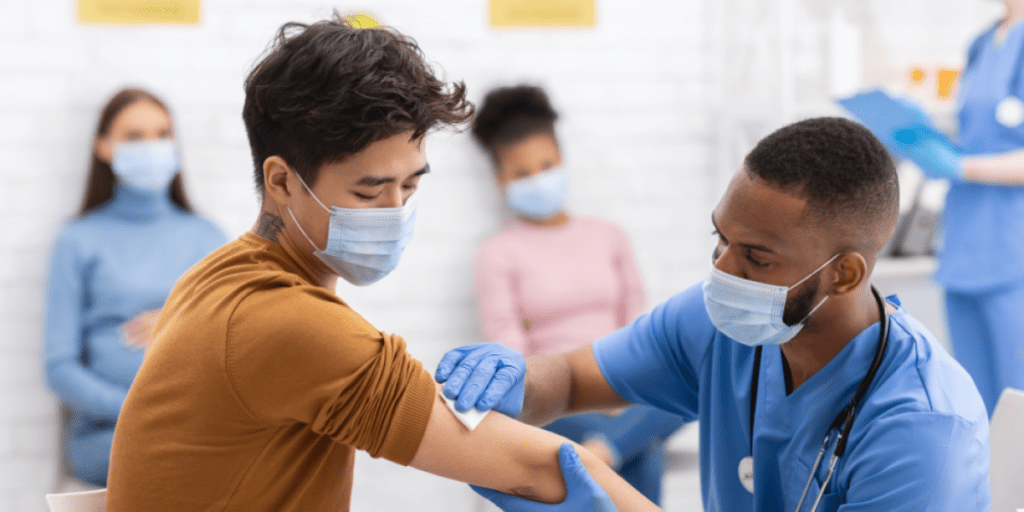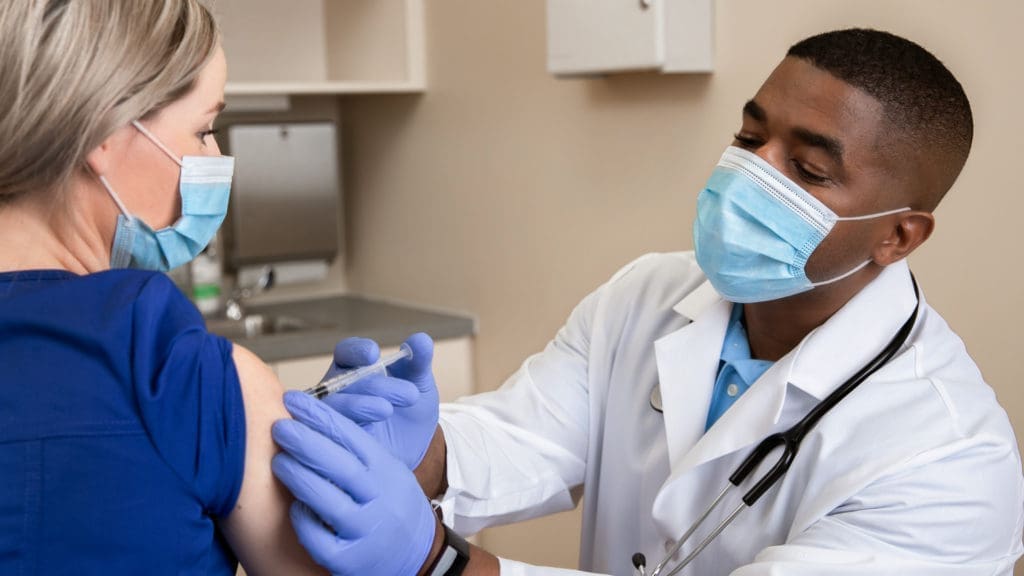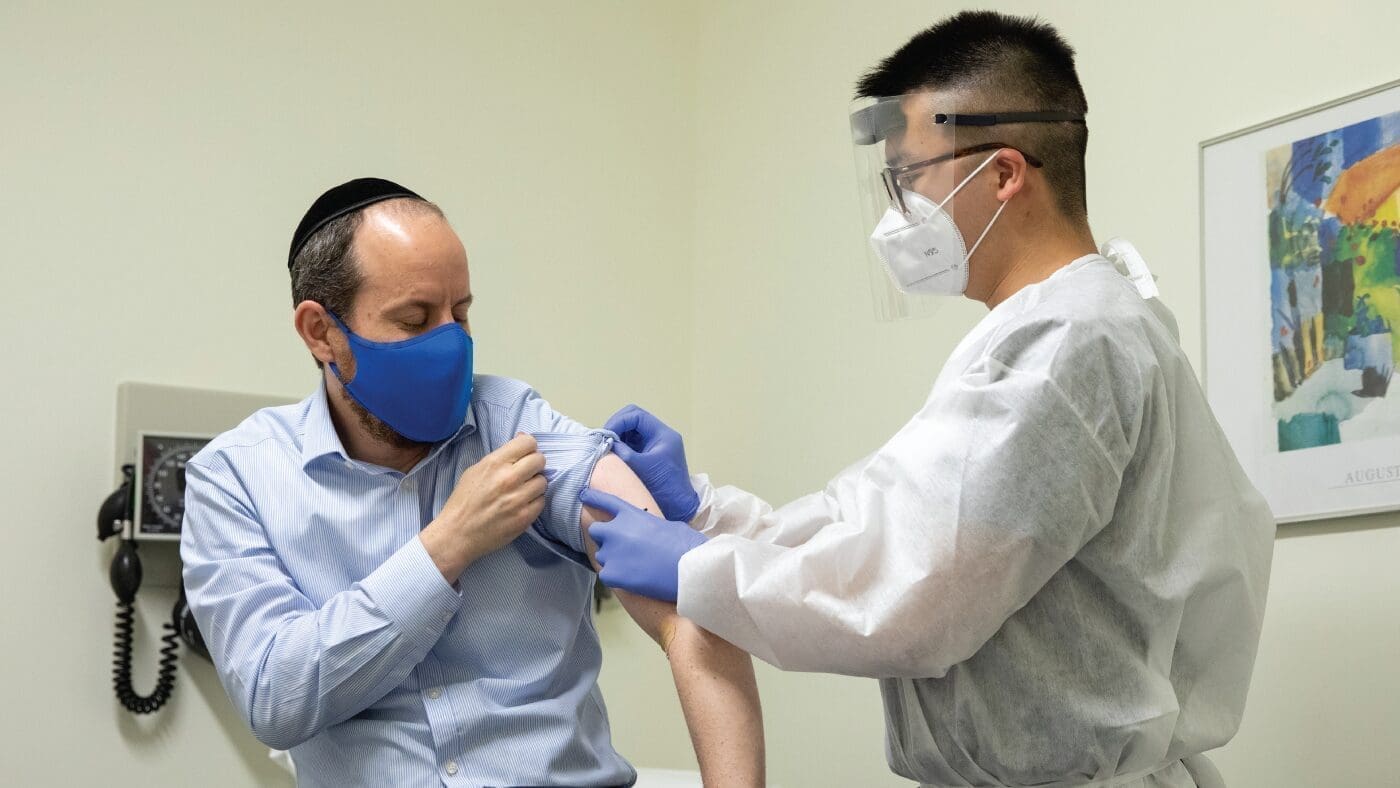“Do I still need to wear a mask after being fully vaccinated?” – This question and others will be answered in this article as we explore the new corona virus prevention measures announced by the Center for Disease Control and Prevention (CDC).
The corona virus disease (as some call it) changed our way of doing things. With cases decreasing in several parts of the world and the invention of a reliable vaccine, we might not get to practice social distancing until 2022. Let’s dive right into the announcement made by the CDC concerning the novel coronavirus.
Updated CDC guidelines for Corona virus
Director of CDC, Dr.Walensky, said at an interview that fully vaccinated persons can stop using face masks. In her words, she said, “anyone who is fully vaccinated can participate in indoor and outdoor activities without wearing a mask or physically distancing”.
This is great news for those that don’t fancy wearing face masks – you can safely “ditch” wearing masks and social distancing, as the New York Post puts it. Walensky also said people can go back to activities they did before the pandemic. This includes going to concerts and other crowded indoor/outdoor gatherings when they get a full dose of the vaccine.
Note:
These statements potentially mark the end of social distancing and other previously enacted guidelines. However, this only applies to fully vaccinated persons. The Pfizer-BioNTech and Moderna vaccines require two doses. But, the waiting time for the second dose of each vaccine varies. For Moderna, the dose is administered 4 weeks after the first dose. While the Pfizer-BioNTech vaccine is administered after 3 weeks of the first dose.

According to Dr.Walensky, fully vaccinated persons can still wear masks for coronavirus prevention in outdoor settings if they feel like it. However, based on scientific findings, there isn’t a need to use masks or continue social distancing until 2022.
Notwithstanding, the agency mentions some instances where wearing masks and social distancing can be encouraged, even for vaccinated persons. These settings include prisons, homeless shelters, as well as hospitals. Also, the new guidance states that fully vaccinated individuals can refrain from getting tested after known contact with the virus. However, they are encouraged to test if they live within or are employees of correctional facilities or homeless shelters.
The Center for Disease and Drug Administration is yet to review its coronavirus guidance for settings such as schools, workplaces, and summer camps. She said the agency has work ahead concerning updating guidance for all settings.
Additionally, the CDC advises immune-compromised persons and other severe medical conditions to consult with their doctors. This consultation will help them find out if they need to follow initially stated mitigation measures or not.
Updates concerning Traveling
The CDC, in April, said fully inoculated persons would no longer require facial coverings to safely travel within the US. This was 2weeks before the recent updates to the guidance. After getting more information as a result of scientific findings, this guidance was updated.
During the recent briefing, Dr. Walensky said “Right now for travel, we are asking people to continue to wear their mask”. This applies to all forms of transportation – buses, trains, and airplanes. She went further to say more updates on this guidance will be made available when there is more scientific evidence on the spread of the coronavirus through public transportation.
However, fully vaccinated travelers have fewer chances of being infected and spreading the virus. But, more coronavirus prevention measures must be taken as a result of several variants of the virus being found in other nations.
Guidance for within the U.S. territory
- Fully vaccinated travelers can refrain from self-quarantine following domestic travel
- Fully vaccinated travelers do not require a SARS-CoV-2 test before or after domestic travel. However, you may be asked to do so at the discretion of territorial health authorities.
For more updates on domestic travels – within or to the U.S territory, see the CDC page on domestic travel during COVid-19.

Guidance for International travels
- Fully vaccinated travelers from other parts of the world are required to get a SARS-CoV-2 test upon arrival. This should be done 3-5 days after arrival to U.S. territory.
- People who are fully vaccinated do not require a viral test before leaving the United States. However, territorial health authorities at travel destinations may require travelers to be tested.
- International travelers do not need to self-quarantine in the United States if they are fully vaccinated.
- Air travelers coming to the United States from abroad (including U.S citizens) are to provide a negative viral test result or documentation of recovery, irrespective of their vaccination status.
For updates on international travel guidance, see the CDC webpage on international travel during COVID-19.
Key notes
- If you’re fully vaccinated, you have are less likely to transmit the coronavirus to unvaccinated people.
- Applicable rules or regulations of federal, state, or local authorities should be followed.
- Fully vaccinated persons should refrain from visiting public and private settings if they tested positive to COVID-19 in the last 10 days. Also, those exhibiting symptoms are advised not to visit those settings.
- Indoor and outdoor activities are not harmful to fully vaccinated people.
- Regardless of your vaccination status, you should get tested if you’re exhibiting symptoms.
Final Remarks
Based on the reduced number of COVID-19 cases in the US, and other parts of the world, social distancing may not continue until 2022. More than 45% (116 million) of adults living in the United States have been fully vaccinated. However, children aged 2-11 are yet to receive vaccines.
It will take more than 50% of the people living around the world to get a full dose of the vaccines. Some persons have refrained from taking the vaccine due to fear of its effects. Governments around the world are willing to lessen COVID-19 mitigation measures when there is worldwide acceptance of the vaccine. Until then, some coronavirus prevention measures will still be practiced globally.


